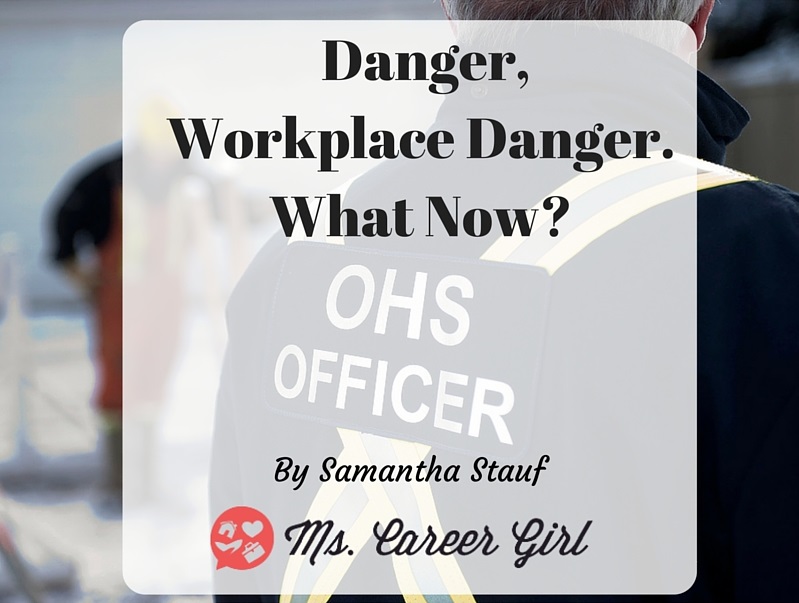Danger, Workplace Danger. What Now?

Don’t talk to strangers. Wear your seat belt. Look both ways before crossing the street. Don’t accept candy from strangers. Safety first, we’re told. Parents, teachers, and television shows repeatedly warn against the dozens upon dozens of potentially disastrous situations.
As adults, we pick and choose which safety measures to follow. If we choose to jaywalk across a busy road, we know the choice is not without its dangers. We accept the danger and do what we can to mitigate it.
Safety at work is a stickier problem to deal with. Some pursue high risk jobs like commercial diving or logging because the high salary make the risk worth it. It’s a gamble. A gamble that is coupled with slightly higher safety regulations and rules.
The problem arises when low paying jobs that are supposed to be relatively low risk are more dangerous than they should be.
Safety Pitfalls
Franchise run nursing home employees are put in that situation more often than you would think. When you combine a money geared mindset with a profession that has almost twice as many workplace injuries as other private sectors, the result isn’t always a safe workplace.
My mom watched as co-worker after co-worker dealt with workplace injuries. One co-worker had been injured so many times, she dealt with constant back pain while working. And unsurprisingly, one day she had a workplace accident when she had to use a lift machine without the required number of people because there weren’t enough personnel on the floor.
This kind of workplace safety negligence is particularly worrying if you work in a state that does not have strong laws protecting employees from corporate negligence and crime. In a Portland State University interview white collar crime expert Mike Benson, explains that under OSHA “woeful [safety] violation that resulted in a death” when negligence is proven is treated as a federal misdemeanor. Federal misdemeanors have a prison sentence of one year or less. Many states have far stronger work place safety laws. Some states allow their prosecutors to “go after people for longer periods of time and they have done so.” The stronger the law, the bigger the deterrent against serious corporate negligence.
What can you do if you work in a workplace that is rife with safety violations? You need the job; can you really afford to quit?
Can You Afford Not To?
What if you do get an injury that’s bad enough to make working in that field impossible? How much do you realistically have to lose? In the case of a healthcare work injury, the employee lose out on the potential salary of the job and they would lose the ability to use their expensive nursing degree.
Document Everything.
If you do eventually get injured, you might want to bring the matter to a workers compensation attorney to prosecute the company for their negligence. You can strengthen the case by documenting the following:
- Cases of other workplace safety incidents.
- Times when you notice work place safety violations.
- Times when you have conversation with management about the safety concerns (especially if nothing is done).
- Particulars of your own injury.
Refuse to Work in an Unsafe Manner.
If a manager asks you to do something that will put you or a co-worker in danger of serious physical harm, refuse. According to Occupational Safety & Health Administration (OSHA) guidelines, you can refuse to work under OSHA protection if the following conditions are met:
- You asked the employer to remove the danger and they failed to.
- You genuinely believe the task will lead to serious injury.
- A reasonable person would agree with your assessment.
- There isn’t enough time to report the hazard to OSHA.
Continue to work while shopping around.
Start looking for a new job immediately. Continue to work while keeping yourself as safe as possible to ensure you have enough money to live while doing everything you can to jump ship.
No One Should Be Injured At Work. If you’re going to have a life changing injury it should be because you decided to adopt a slightly dangerous hobby like sky diving or trying to outrun an avalanche on skis. If you do have the misfortune to work in an unsafe workplace, do what you can eliminate the danger and if all else fails jump ship.
Photocredit: Fickr and Tricia J




